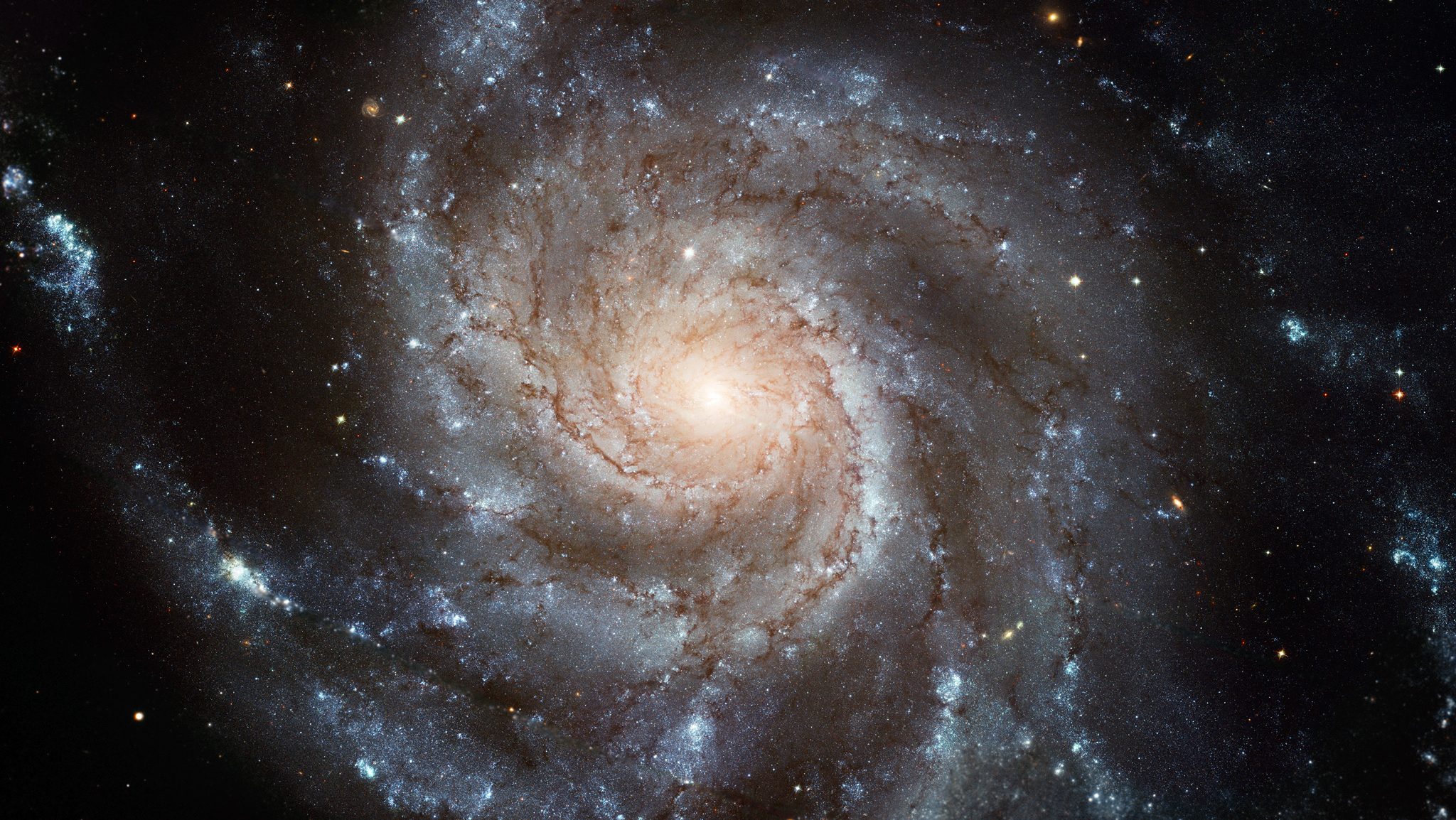Repost: What Will Replace Religion?

[Author’s Note: I’m reposting some old favorites while I’m away on vacation this week. This post was originally from November 2006.]
One argument for theism that I have always found interesting is the argument that humans do not have desires for which there exists no corresponding object in the real world. For example, we desire water, and water exists; we desire food, and food exists; we desire love and friendship, and those things exist. Similarly, this reasoning goes, human beings innately desire fellowship with God, and this strongly suggests that God exists.
This argument is clever, but naive. A straightforward application of its logic would lead to the conclusion that there is a Santa Claus at the North Pole, pots of gold at the ends of rainbows, and lamp-dwelling genies that will grant the finder three wishes. After all, various groups of people have desired all these things to be true, and why would we have these desires if there existed no object that satisfied them?
The apologetic response would probably be that these examples are overly specific, and that we should instead consider the general objects of desire, and not the specific ways in which people hope to attain those desires. For example, rather than Santa Claus or leprechauns, the general trend is that people desire gifts and wealth, and it is possible to obtain both those things in the real world.
However, this reasoning can backfire on the apologist. How do they know, I would argue, that God is not the same kind of thing – an overly specific example of a general human desire which can be fulfilled, just in other ways?
Many of my fellow atheists, in their books and websites, focus on attacking religion and arguing for its elimination. This is understandable, given the harm that supernatural belief has wrought, but I believe there is an underlying point that needs to be addressed. Religion is extremely widespread and popular, and it could not have gotten that way unless it was filling some important human need. No attempt to overthrow religion is likely to be successful unless it addresses this need; it never works to take away from people something that is important to them and offer nothing in its place. Yet I have seen relatively few atheist works that attempt to envision our ultimate goal, a world without religion. I intend to do just that. In this post, I will cast my gaze over the horizon and imagine that all our goals have been achieved – that all varieties of superstition and unreason have faded away, that religion no longer tyrannizes the minds of humanity – and sketch a picture of what I think that world would ideally be like.
Although religion provides its members with some social services, that is not the only reason for its popularity. After all, there are many other community groups that also provide social services that do not have nearly as large a following as churches do. I believe the true reason for religion’s popularity is that it inspires the sense of spirituality – it makes people feel as if they are involved in something larger and more significant than themselves. This is a basic human desire, and at the moment, religion has little competition when it comes to fulfilling it.
But there is no intrinsic reason why this need must be fulfilled by belief in supernatural beings. As many scientists and naturalists will testify, the intricate beauty of the natural world, truly understood, provides at least as powerful an inspiration to the sense of awe as any of the small, anthropocentric belief systems taught in churches. I can envision a world of groups that speak to this sense with genuine spirituality, rather than the packaged, mass-market version sold by religion – not churches in the religious sense, but places of humanist fellowship where people freely come together to fill their lives with meaning and to learn about the world they live in, the better to revere its beauty.
Imagine, if you will, a humanist church that met at night under the open sky, discussing the true nature of the planets and stars, and the incomprehensible vastness and majesty of the cosmos of which we are but a very small part. Imagine a humanist church that spent its Sundays not shut up in a musty building, but on nature walks and hikes, teaching its members to appreciate the beauty of the living world, to identify all the species they see and understand the magnificently complex web of their interactions. Imagine a church that chose sermon topics not from one ancient book, but from the writings of great philosophers and scientists throughout history, or one that did not even have a sermon as such but rather a discussion, with every member an equal, of the virtues of a particular book or essay.
This would not be a religious service. There would be no prayers, no sacred texts, and no rituals invested with beliefs in magic. However, there could well be rituals, in a secular sense and without extraneous supernaturalism, to commemorate and celebrate milestones in the lives of community members, such as a wedding or a coming of age. There could also be humanist holidays, premised not on deeds allegedly performed by past religious figures, but on dates of seasonal significance such as the solstices and equinoxes – again, as part of teaching the community to feel connected to the natural world and to understand the basis of that connection – or on important historical events. If there were tithes, they would go not to prop up a wealthy and unaccountable church hierarchy, but to be reinvested to aid worthy causes in the community and beyond.
These gatherings could have their own dedicated meeting hall, or – an idea that appeals to me – they could simply rotate through the homes of community members, eschewing formalism as much as possible in favor of the simple pleasures of warmth, light, fellowship, good company and good conversation. Instead of a hierarchy of obedience where one person always stands in the relationship of authority to every other congregant, this role could be filled on a weekly basis by different members of the community. After all, no one person has a deeper sense of spirituality than any other, nor does one person have all the answers to life’s mysteries. We can always learn from each other.
Through these deep and meaningful interactions with our fellow human beings, our friends and loved ones, we can meet the human desires for spirituality and involvement and fill our lives with happiness and meaning. The invention of the term “God” is and has always been just a misguided attempt to produce this same feeling from an ethereal source (an “imaginary friend” in a very real sense), when in reality it must, by its nature, be grounded in the genuine love and friendship of people around us. Religious apologists who believe that desire to worship the supernatural is primary are confusing cause and effect.





